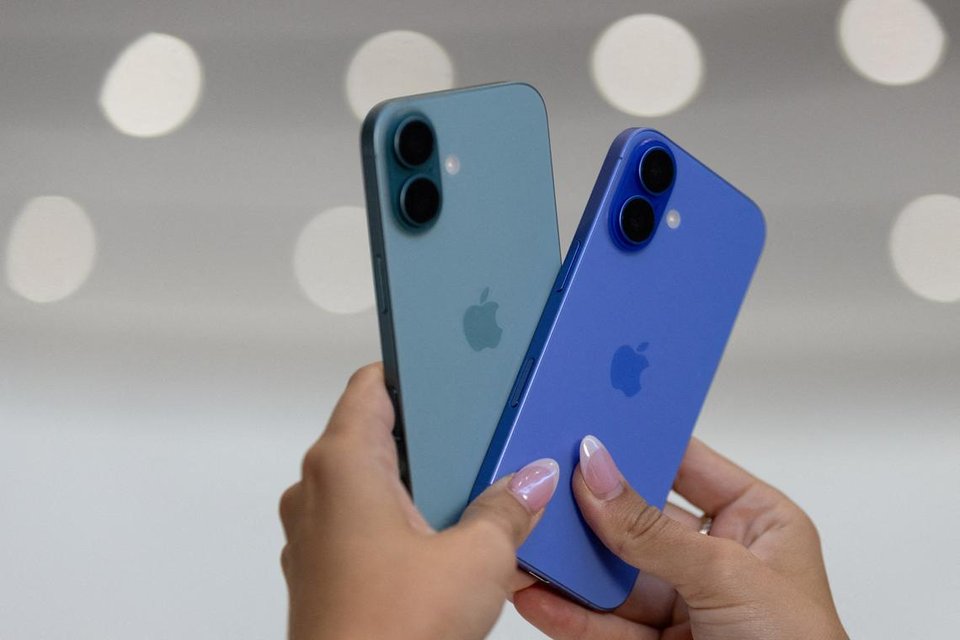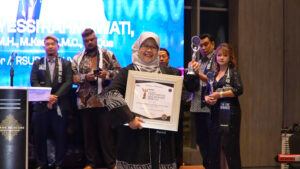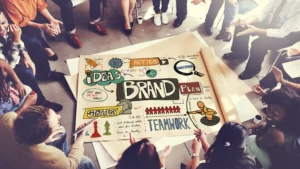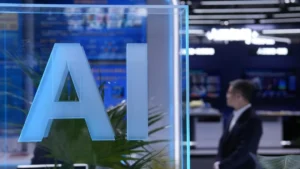San Francisco, United States – There was a time when Apple didn’t just lead the tech world—it defined it. From the iPhone’s debut to the birth of the App Store, its moments of innovation became cultural milestones. But today, as the world looks toward Apple’s 2025 WWDC, the mood is different: more expectant than excited, more skeptical than starstruck.
A year ago, Apple promised to usher in a new chapter of its story: “Apple Intelligence,” a leap into generative AI that would elevate the user experience and bring new life to Siri. That chapter, however, has yet to be written. And the silence surrounding the delayed rollout has prompted a deeper question—has Apple lost its creative rhythm?
For developers, partners, and fans, the delay isn’t just about a missed feature—it’s about what it symbolizes. “There’s a double disappointment,” said analyst Gadjo Sevilla. “The community feels not only overlooked, but misled.” And for a company that built its identity on seamless trust and design elegance, that emotional breach cuts deep.
But this moment, too, could become part of a larger Apple story—one of rediscovery, humility, and renewed ambition. Internally, Apple is said to be reevaluating its AI strategy, including potential collaborations with industry leaders like OpenAI, Google, or Perplexity. It’s also rumored to be developing smarter battery management and contextual intelligence, signaling that substance may still be brewing beneath the surface.
Even in doubt, the brand’s gravity remains. “If you are in Apple, you’re in Apple,” says Carolina Milanesi, pointing to the deep loyalty the company still commands. It’s this bond—between product and person—that gives Apple room to regroup. Fans don’t just use Apple products—they believe in what they represent.
There are reminders, too, that the spark of innovation isn’t just technical—it’s personal. The quiet tension of seeing Jony Ive, the designer of the iPhone, venture into new AI territory with OpenAI isn’t a betrayal—it’s a reflection of how deeply Apple’s creative DNA has influenced the industry.
And that influence still matters. While competitors move fast, Apple often plays the long game. Its challenge now is to transform this moment of scrutiny into a catalyst—not by rushing, but by reigniting the boldness that once turned a phone into a revolution.
Whether June’s WWDC brings breakthroughs or not, the world will be watching—not just to see what Apple unveils, but whether it dares to dream again.











